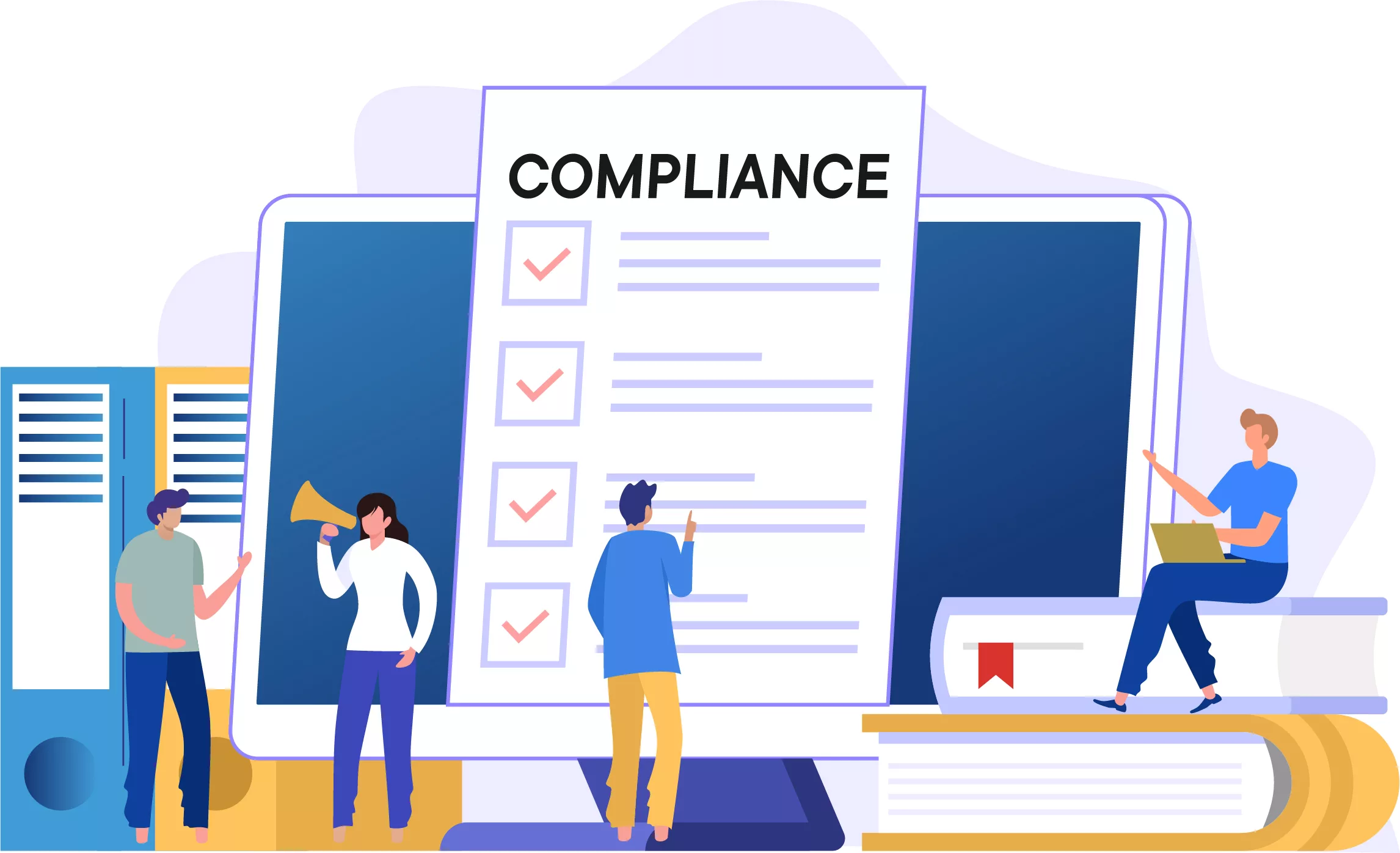Compliance services involve the process of ensuring that an organisation follows all relevant laws, regulations, standards and ethical practices that apply to its industry. It is generally offered by third-party experts or software solutions to help a business implement, manage and maintain compliance programs.
Compliance programs consist of practices that mitigate risks, enhance transparency and protect company’s reputation. This helps organisations reduce the risk of violations, fines, lawsuits and reputational damage, as well as improve their efficiency, credibility and accountability.
This article explores the role and benefits of integrating compliance services into business operations for success. We will also share some tips to help you choose the best compliance services. So, do check them out.
The Role and Benefits of Compliance Services
To get a deeper knowledge of what is compliance services and how they can have a positive impact on your company, we have listed its significant benefits below:
- Deep knowledge and experience: Compliance experts possess expertise in complex regulations, helping businesses stay updated and avoid costly compliance mistakes.
- Time and resource savings: Outsourcing compliance functions saves organisations’ efforts and resources required to build an in-house compliance team.
- Robust governance and risk management frameworks: Compliance services provide businesses with frameworks to effectively identify and address potential compliance risks.
- Proactive compliance approach: Regular compliance monitoring, testing, risk assessments, and audits offered by compliance service providers help organisations maintain a proactive approach to compliance.
- Protection of brand reputation: Compliance services help businesses build a reputation for trust and ethical behaviour by ensuring compliance with regulations.
- Customer trust and loyalty: Demonstrating commitment to protecting customer data, privacy, and industry-specific standards enhances customer loyalty and confidence in the brand.
Best Practices for Choosing and Integrating Compliance Services
The needs of every company are different, some may require a team of compliance specialists, and others may just require a reliable compliance solution. However, below are some best practices to consider when choosing and integrating compliance services:
- Evaluate expertise, reputation and track record: Consider the provider’s experience and reputation in delivering compliance services. References and client testimonials can provide insights into their reliability and effectiveness.
- Assess the scope of services: Determine the range of services offered by compliance providers. Look for services such as compliance monitoring, risk assessments, coaching, auditing, reporting and staff training that align with your industry requirements and regulatory landscape.
- Integrate compliance into the organisational culture: Ensure that the commitment to compliance starts at the top, with senior management setting the tone for ethical behaviour and regulatory adherence. Foster a culture of compliance throughout the organisation.
- Implement employee training programs: Educate the workforce on compliance policies, procedures and the importance of regulatory compliance. Training programs can help employees understand their responsibilities and promote a compliance-conscious environment.
- Establish clear communication channels: Facilitate effective communication between the compliance function and other departments. This allows for the flow of information, ensures accountability, and enables prompt resolution of compliance-related issues.
Key Takeaways:
Compliance services play a vital role in business operations by ensuring adherence to laws and regulations. That is why organisations should invest in robust compliance services. So, prioritise compliance today to navigate the complex regulatory landscape and build a sustainable future.

